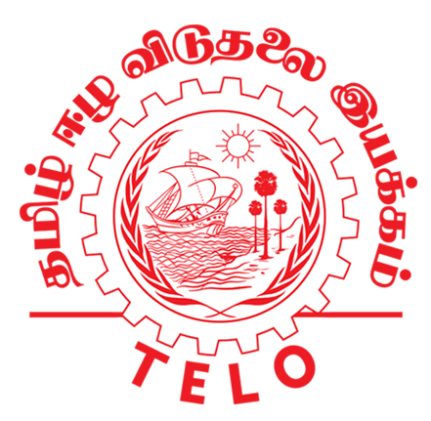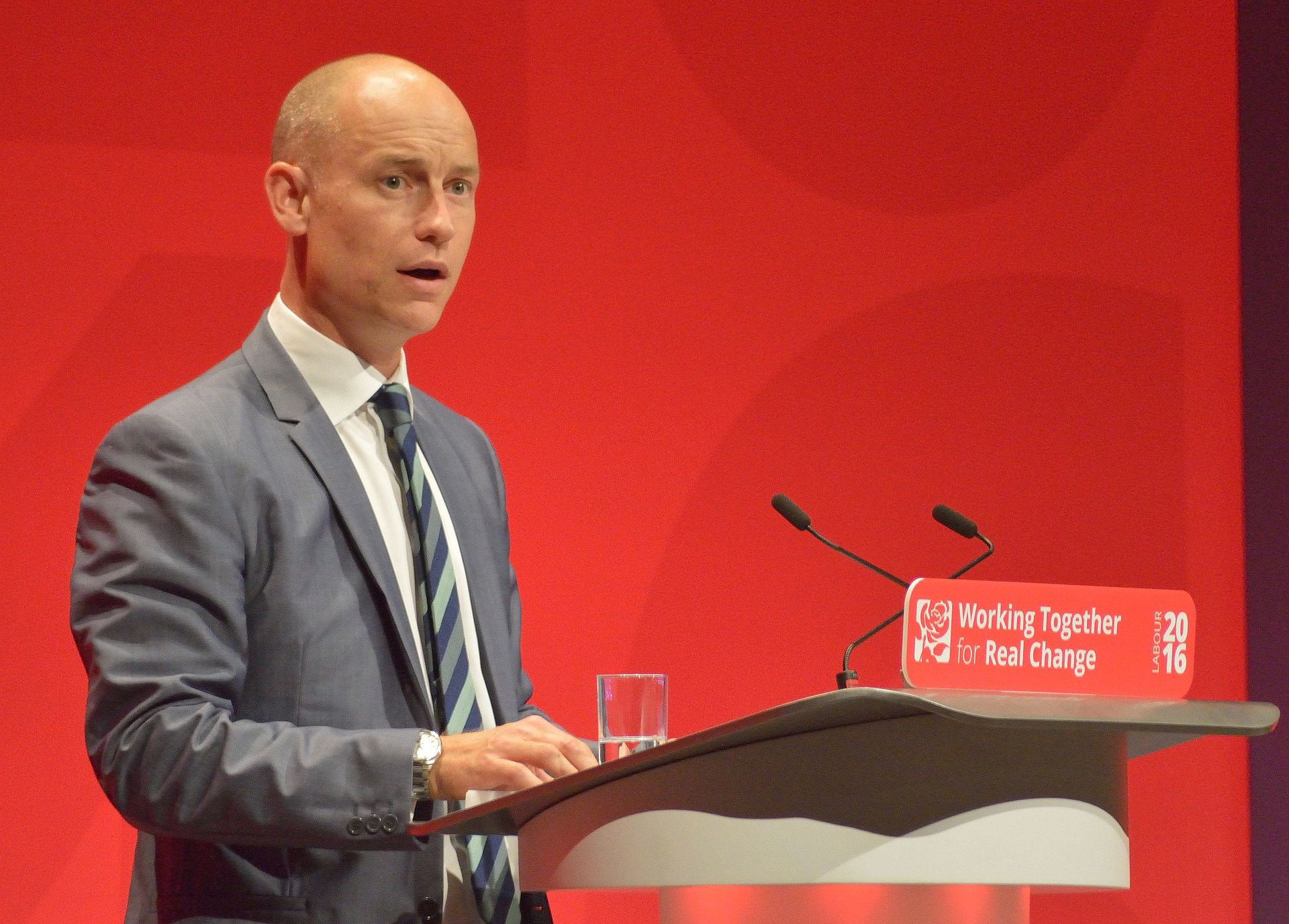Writing to Minister of State for Asia, Nigel Adams, UK Shadow Minister for Asia and the Pacific, Stephen Kinnock, has called on the government to ‘comprehensively rewrite’ the current proposed UN resolution and questioned why the government’s review of its Global Human Rights sanctions regime does not include “a single senior Sri Lankan government minister, official or military officer”.
In his statement Kinnock criticised the government’s refusal to consider referring Sri Lanka to the ICC, maintain that Britain’s position, “should not be determined simply by the veto-wielding intentions of two of its permanent members”. Britain’s refusal to refer Sri Lanka to the ICC has sparked a great deal of criticism from human rights defenders and Tamil activists.
Failing to rise to the challenge
In his statement, Kinnock, slammed the government’s response maintain that “the UK government has a particular responsibility to demonstrate moral and political leadership on this matter, but unfortunately it is clear judging by this drafting resolution that you are failing to rise to the challenge”.
Kinnock criticised the resolution noting that it was “too vague and insufficiently robust”. Thus failing “to reflect the extent of the devasting impact of the human rights abuses that have been perpetrated in Sri Lanka”. He further maintains that it “falls far short of what is required in terms of tangible action”.
In his statement, Kinnock raised five specific concerns with the resolution
- Kinnock notes that Britain should support the High Commissioner’s call for the application of universal jurisprudence noting that “it is beyond doubt that the Sri Lankan government and military will continue to deny, delay and evade accountability”. He calls on the British government to confirm that the principle of universal jurisdiction must be applied to the actions of the Sri Lankan government and military
- The resolution is also criticised as it fails to recommend the establishment of an International Independent Investigative mechanism (IIIM). Kinnock criticises the vague reference in the resolution to strengthening evidence gathering and collation, maintain that the resolution should emphasis that a III-M is required.
- He also notes that whilst there would be opposition to Sri Lanka being referred to the International Criminal Court, “it is not an acceptable argument against trying”. He emphasises that the UK’s position “should not be determined simply by the veto-wielding intentions of two of its permanent members”.
- Kinnock highlights that there is nothing in the draft resolution about prevention and asks the government what steps it will take “to ensure that this resolution leads to tangible measures to protect human rights defenders on the ground from the increasingly aggressive actions of the Sri Lankan authorities?”
- Kinnock also criticises the piece noting that the time scale given for considering accountability options, “18 months”, is “unacceptably long”. The evidence is clear and the UNHRC needs to take action now, rather than allowing the Sri Lankan government yet more time to obstruct and obfuscate”. He calls for this timescale to be amended to “6 months”.
Magnitsky sanctions
Commenting on the UK’s sanction regime, he notes that the UK has not included “a single senior Sri Lankan government minister, official or military officer”. He further notes that Lord Ahmad’s claim that the government is keeping “all evidence and potential listing under review”. Responding to this he asks why “this review is taking so long, given the extent of the detailed evidence that is already widely available about the gross human rights violations that have taken place there?”
Kinnock emphasises “that the chances of the resolution being approved by the UNHRC on 24 March will be enhanced if it is made more robust and substantial”. He further warns that the UK governments’ draft resolution could be rejected “if its too weak and lacks substance”.
He concludes by emphasising that the UK “owes it to the victims and survivors of the atrocities that have taken place in Sri Lanka to ensure that it rises to the occasion and shows the moral courage and leadership that is so urgently needed”.





